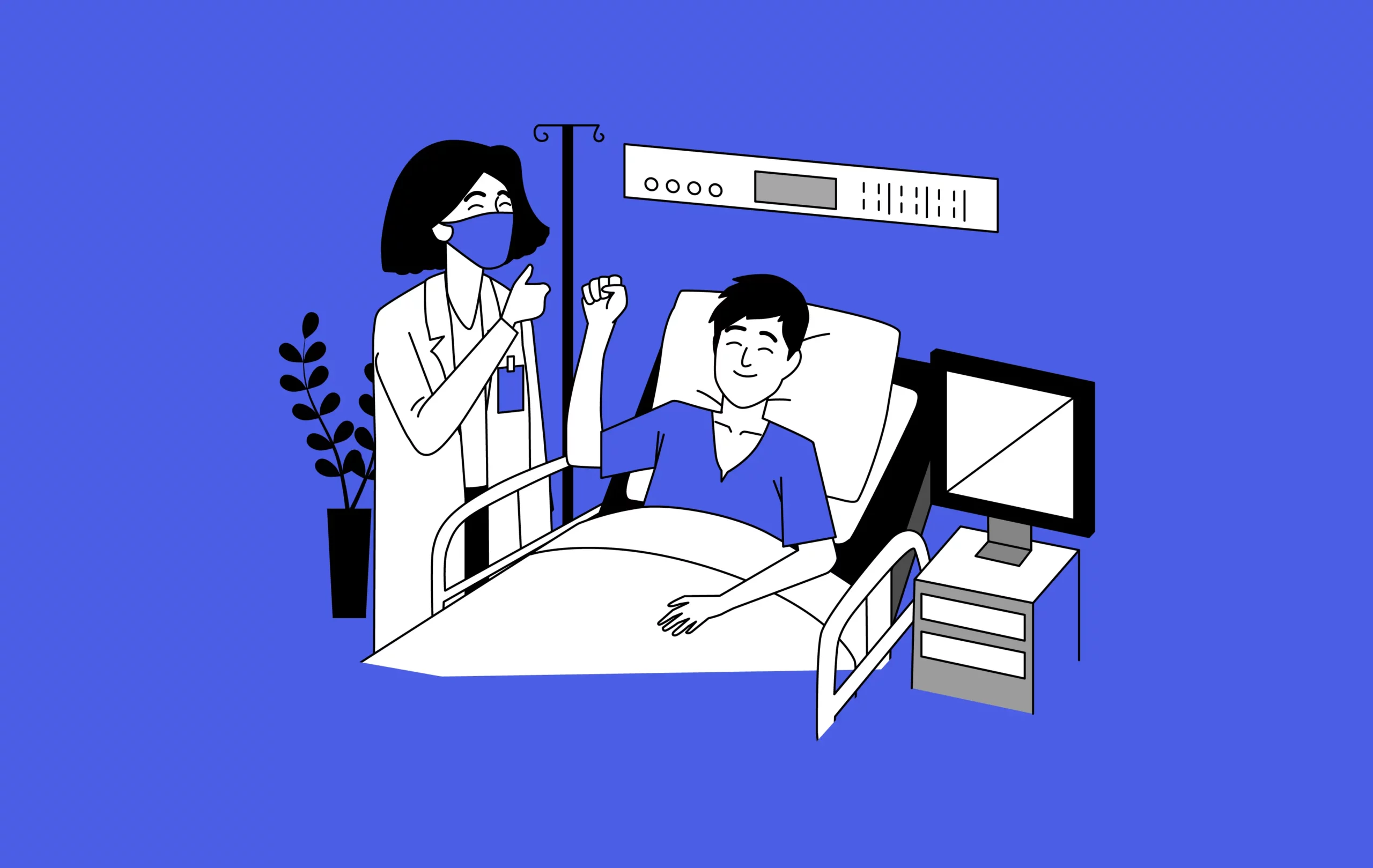In recent years, home healthcare has emerged as a pivotal aspect of the healthcare landscape, offering personalized and convenient care solutions outside traditional clinical settings. This innovative approach brings medical services, monitoring, and support directly to patients’ homes, empowering individuals to receive quality care while maintaining comfort and independence. Let’s explore the evolution, significance, and impact of home healthcare on patient well-being and the broader healthcare ecosystem.
Evolution of Home Healthcare
Historical Context:
The concept of home healthcare has roots in ancient times, where families and communities provided care for the sick and elderly within their homes. In modern times, professional home healthcare services gained prominence in the latter half of the 20th century.
Technological Advancements:
Advancements in medical technology, telemedicine, wearable devices, and remote monitoring systems have facilitated the delivery of various healthcare services directly to patients’ homes.
Shifting Healthcare Landscape:
The growing aging population, the rise in chronic diseases, and the focus on value-based care have contributed to the increased adoption and importance of home-based healthcare services.
Significance and Benefits
Patient-Centered Care:
Home healthcare emphasizes patient-centric care, enabling individuals to receive personalized attention and services tailored to their specific needs within the comfort of their homes.
Improved Access and Convenience:
Patients, particularly those with limited mobility or residing in remote areas, benefit from increased access to healthcare services without the need for frequent hospital visits.
Enhanced Recovery and Independence:
Receiving care at home promotes faster recovery from illness or surgery, reduces the risk of hospital-acquired infections, and fosters a sense of independence and familiarity for patients.
Cost-Efficiency:
Home healthcare services often result in cost savings for both patients and healthcare systems by minimizing hospital stays, readmissions, and unnecessary emergency room visits.
Services and Applications
Skilled Nursing Care:
Professional nurses provide a range of services such as wound care, medication management, IV therapy, and rehabilitation to patients recovering from illness or surgery.
Home-Based Therapy:
Physical therapy, occupational therapy, and speech therapy services are offered in patients’ homes to aid in rehabilitation and improve functional abilities.
Chronic Disease Management:
Patients with chronic conditions like diabetes, heart disease, and COPD receive regular monitoring, education, and support for managing their conditions at home.
Palliative and Hospice Care:
Specialized services offer comfort, pain management, and emotional support for individuals with terminal illnesses or those requiring end-of-life care.
Challenges and Future Trends
Workforce Shortages:
Addressing the shortage of skilled healthcare professionals, including nurses and therapists, to meet the growing demand for home healthcare services remains a challenge.
Technological Integration:
Advancements in telehealth, remote monitoring devices, and AI-driven healthcare solutions will further enhance the efficiency and effectiveness of home healthcare services.
Regulatory and Reimbursement Issues:
Navigating complex regulations, insurance coverage, and reimbursement models for home healthcare services poses challenges for both providers and patients.
Conclusion
Home healthcare represents a paradigm shift in healthcare delivery, emphasizing patient-centered care, accessibility, and personalized support. As the healthcare landscape continues to evolve, home-based services play a vital role in addressing the diverse needs of patients, improving outcomes, and reducing healthcare costs. Overcoming challenges related to workforce shortages, technological integration, and regulatory frameworks will be key to maximizing the potential of home healthcare. Embracing the opportunities offered by home-based services paves the way for a future where patients experience high-quality care, comfort, and improved well-being within the familiar confines of their homes.

